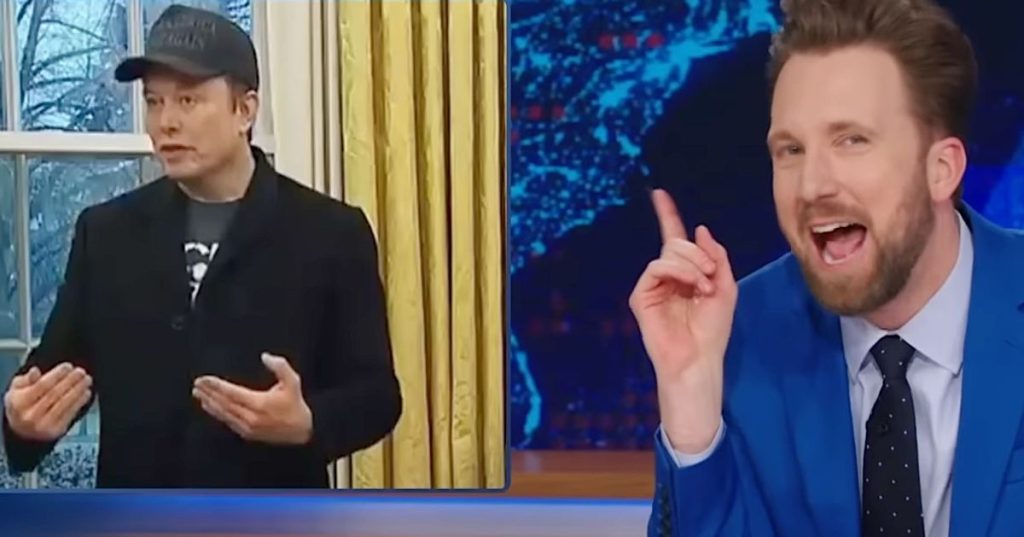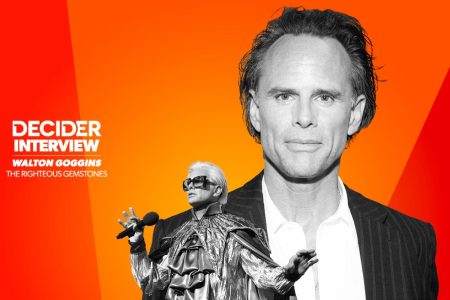Jordan Klepper on Elon Musk’s White House Press Conference: A Critical Look
In a thought-provoking monologue, Jordan Klepper, a correspondent from The Daily Show, recently shared his insights on Elon Musk’s appearance at a White House press conference alongside President Donald Trump. Klepper highlighted the awkwardness and irony in Musk’s presentation, particularly when discussing his Department of Government Efficiency (DOGE). This department, aimed at streamlining government programs, raised eyebrows due to its approach and Musk’s leadership.
At the conference, Musk emphasized the importance of elected officials—such as the President, House, and Senate—making decisions, rather than relying on an "unelected bureaucracy." This stance, while promoting democratic principles, was quickly scrutinized by Klepper. The correspondent pointed out the glaring irony: Musk himself is not an elected official, leading to questions about accountability and transparency.
Klepper’s critique extended to DOGE’s operations, noting its exemption from open records laws. Unlike traditional government bureaucrats who must adhere to transparency rules, Musk’s department has faced criticism for its opacity. The situation took a more concerning turn when Musk targeted individuals who disclosed names of his task force members. By disabling their accounts on X (formerly Twitter) and accusing them of criminal acts, Musk’s actions seemed to contradict his advocacy for transparency. Klepper humorously compared this behavior to Drake’s song "Not Like Us," illustrating the disconnect between Musk’s words and actions.
The humor in Klepper’s monologue was a strategic choice, making the critique more relatable. By drawing parallels to pop culture, Klepper engaged his audience, making complex political issues more accessible. This approach not only entertained but also highlighted the absurdity of Musk’s position, where he appears to operate with a double standard.
Klepper’s analysis underscored the challenges of accountability in leadership. While Musk claims to be "maximally transparent," his actions tell a different story. Klepper even joked about conducting a "daily proctology exam" on Musk, metaphorically speaking, only to find it quite revealing. This humorous yet sharp critique drew attention to the lack of scrutiny Musk faces, contrasting it with the public’s expectation of transparency from elected officials.
In conclusion, Klepper’s monologue effectively used humor and critique to explore the complexities of Musk’s DOGE initiative. By highlighting the gaps between Musk’s statements and actions, Klepper underscored the importance of transparency and accountability in leadership. His final statement, playing a sad violin, was a powerful metaphor for the tragic irony of Musk’s approach—advocating for transparency while failing to practice it. Klepper’s critique serves as a reminder to leaders of the need to align words with actions.









